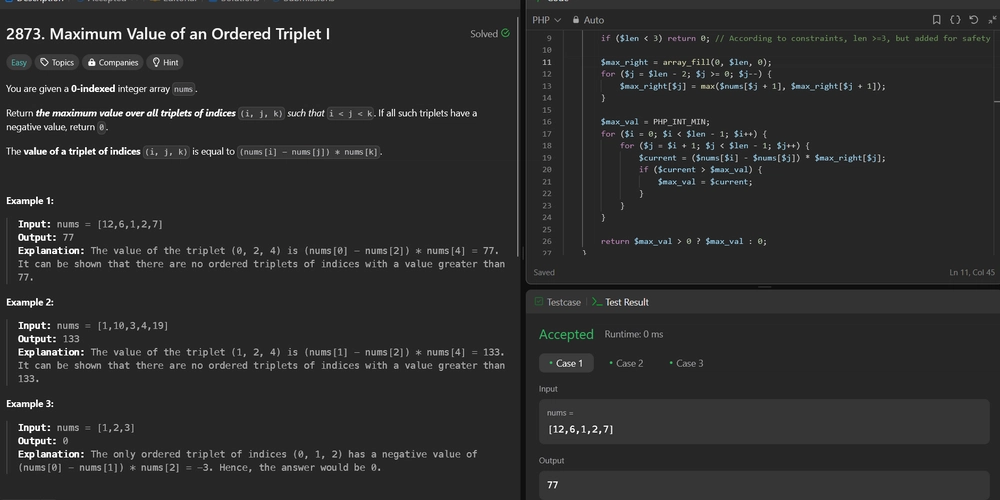Silencing Radio Free Europe-Radio Liberty is a gift to autocrats
Shutting down such a valuable service in the name of “government efficiency” is as insulting as it is ludicrous.

In 1989, with breathtaking speed, the Communist dictatorships that had ruled Eastern Europe for more than 40 years fell. Two years later, their sponsor, the Soviet Union, disintegrated. A crucial factor contributing to the decay and fall of these autocratic regimes was freedom of information. People across the region learned of the latest developments, of brave demonstrators and heroes such as Vaclav Havel and Lech Walesa, from Radio Free Europe and Radio Liberty.
It was not propaganda they heard, nor was it stories of life in America — that was the role of Voice of America. Rather, Radio Free Europe and Radio Liberty reported on life in their listeners’ own countries, in their own languages, telling people what their regimes would not. First started as a Cold War tool funded by the CIA, these services were reshaped and merged into a private independent corporation under the supervision of what is now the U.S. Agency for Global Media and funded by Congress.
I served as director of research for Radio Free Europe during the momentous years of 1989 to 1991. This gave me a day-to-day, inside look at the extraordinary work done by dedicated journalists, editors, technicians and by brave freelance reporters working in the countries we covered.
It is worth remembering, especially by those disparaging Radio Free Europe-Radio Liberty, that roughly two-thirds of those working for these media organizations are not permanent employees but freelance reporters. These journalists risk their lives and freedom to report from countries under dictatorships, whose leaders are deeply hostile to the U.S. and even more hostile to the spread of information they don’t control.
In Russia, even to call the invasion of Ukraine a “war,” rather than a “special military operation,” risks a prison sentence. Radio Free Europe-Radio Liberty, in its broadcasting to Serbia, Bosnia, Ukraine, Iran, Afghanistan as well as Russia, does not regurgitate such dissembling euphemisms. That is why regimes like the one in Moscow declare them to be enemies of their states. As Mark Pomar, author of “Cold War Radio,” put it in a recent interview, in Soviet times Radio Liberty was considered the most dangerous of Western broadcasts precisely “because it dealt far more with domestic issues.”
As revolutionary sentiment spread across East Europe, we met every morning to go over the upcoming day’s reporting. In the face of such unprecedented upheaval, the dissemination of unsupported rumors, cheerleading or fearmongering was ruled out. Stories for broadcast were based on facts that could be validated, on analysis of actual developments inside the countries. The Radio Free Europe teams supported the challenges to dictatorship, but inflammatory rhetoric was flagged by a broadcast analysis division that listened to and checked our work. At a time of crisis and a turning point in history — like now — simply reporting what was happening was powerful enough.
Radio Free Europe was and remains a “surrogate free press” for people who live where there is none. The outlets provide a reliable, comprehensive picture of developments where people live. They inform people about things that are happening in their own country that the regimes hide or distort, thus validating people’s own knowledge and experience — which is usually at odds with regime’s media. More broadly, millions of listeners, viewers and readers see on a daily basis how free media should operate in a democracy.
In our contemporary environment, one might ask if radio stations are still worth supporting. In fact, the term “radio” is misleading as the organizations publish written stories, interviews and broadcasts daily across the internet, via YouTube and podcasts on a variety of accessible media, in addition to radio. Precisely because the internet is flooded with disinformation on massive scale by Russia and other autocratic regimes, there needs to be a fact-checked, independent, authentic voice created for people who otherwise would not hear anything like the full story.
Do people in Russia know the real numbers of Russian casualties in Ukraine? Do people in Asia know what the Chinese regime is doing to its Uyghur population? They won’t, unless services like Radio Free Europe-Radio Liberty can stay active.
Moreover, information dissemination goes both ways. One of the most vital functions Radio Free Europe serves is to provide accurate analysis and description of what is happening in these countries and regions. People who want to know these countries and create effective policies toward them have a comprehensive source of uncensored information. The research and broadcast teams produce daily articles and reports that delve into the dynamics of countries that are not only closed but also threaten American interests.
Both those who live there, those who left and those who have to deal with these countries need an accurate picture. As Radio Free Europe-Radio Liberty President and CEO Stephen Capus said, “This is not the time to cede terrain to the propaganda and censorship of America’s adversaries."
Shutting down such a valuable service in the name of “government efficiency” is as insulting as it is ludicrous. Elon Musk proclaimed on his own information service that “Nobody listens to them anymore” and that they were “just radical left crazy people talking to themselves while torching $1B/year of US taxpayer money.” Wrong on all counts.
Radio Free Europe-Radio Liberty reaches 47 million people a week in 27 different languages, with more than 9 billion videos viewed. Not a bad return for an annual budget of $142 million — two-thousandths of a percent of the federal government’s annual budget.
The Berlin Wall fell in 1989 and the division of Europe was ended not by an invading army but by an invading idea: that people have a right to know what is happening in their own land and thus a right to take part in decisions made in their name. This is anathema to every would-be autocrat who sees an enemy behind all who might disagree with them.
Autocrats know now, as they did in 1989, that they must control the information environment. America should challenge those efforts with the powerful voices we have and, at the very least, not put out of business one of our most valuable instruments of global influence.
Ronald H. Linden is professor emeritus of political science at the University of Pittsburgh, where he served as director of the European Studies Center and director of the Center for Russian and East European Studies. He was director of research for Radio Free Europe in Munich, Germany from 1989 to 1991.














































































